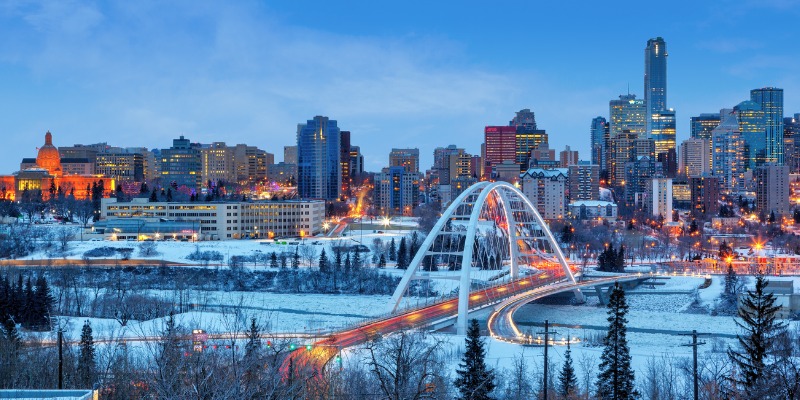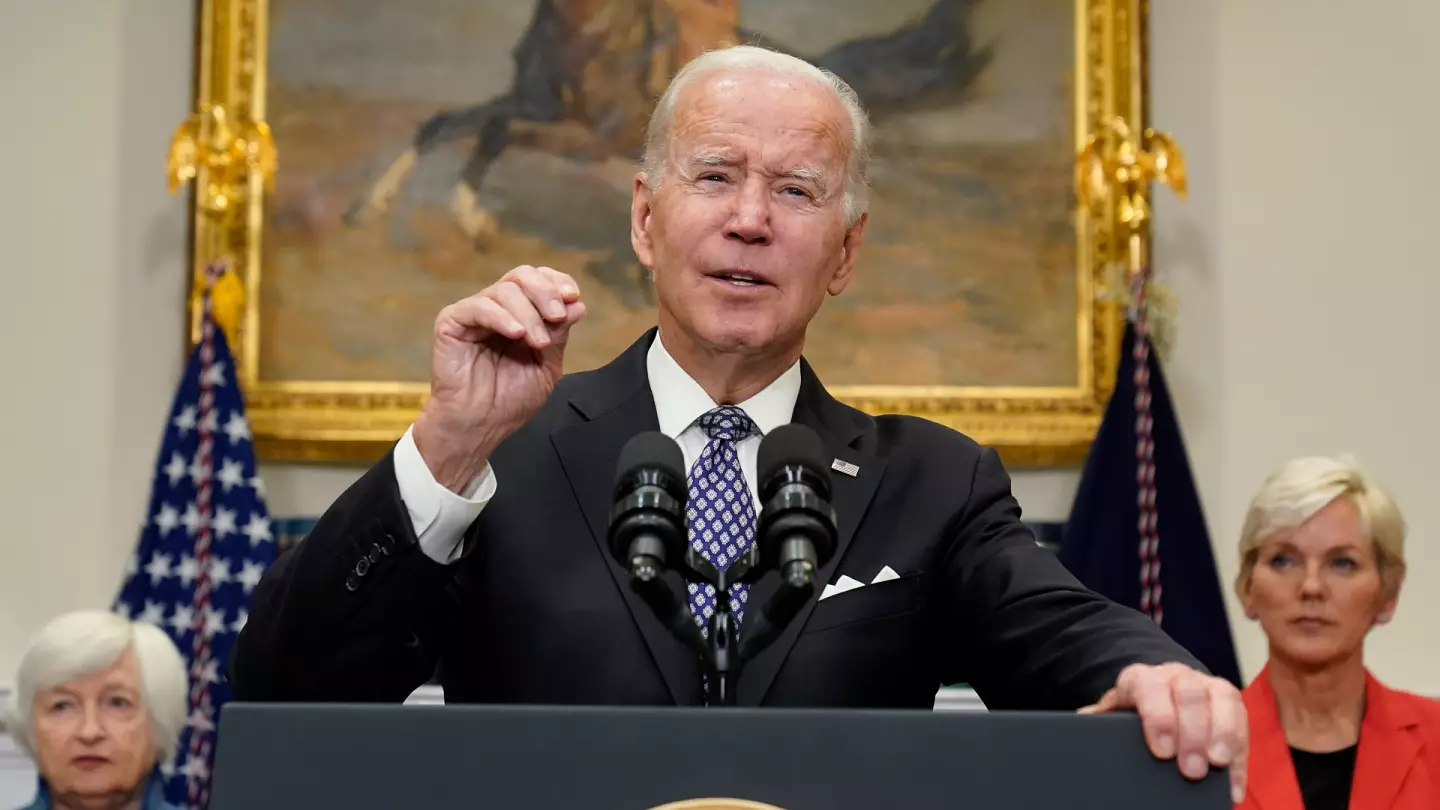Calgary City Council Rejects Tax Cut Proposal
Canada Global(Web News)Calgary City Council on Tuesday rejected a motion to reopen…
Decision To Take Data From 145 Federal And Provincial Institutions To Increase The Tax Net
Canada Global(Web News) The government has decided to collect data from 145…
Alberta’s carbon tax increase rise should be offset ‘for most households’
Canada Global (Web News) The cost to heat houses and run other…
Ontario will include new 10 per cent income tax credit for manufacturing
Canada Global (Web News) A new tax credit that the government is…
Yamaha raises motorbike prices owing to GST hike
Canada Global (Web News) Yamaha Motor Company increased the price of their…
FBR fails to meet sales tax collection target
Canada Global (Web News) According to a study made public by the…
Government preparing Rs200 billion mini budget
Canada Global (Web News) Government is putting together an order to present…
Manitoba premier suggests financial aid, budget consultations float more tax cuts
Canada Global (Web News) In the next days, Manitoba Premier Heather Stefanson…
Mayor announces Toronto’s residential tax rate will rise by 5.5%
Tory made the announcement on Tuesday and stated that the increase is…
Tax season strike? Union at Canada Revenue Agency says voting starts this month
Negotiations broke down over pay and remote work, the Public Service Alliance…
Alberta to pass legislation to re-index income tax, finance minister.
Alberta to pass legislation to re-index income tax, finance minister.













